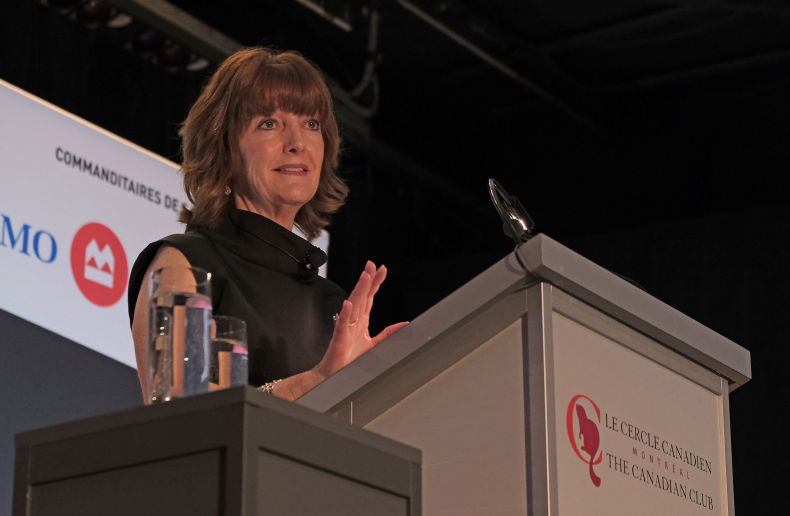Pharmaceutical company advocates for more accessible healthcare
By
Frédérique De Simone
|
Nov. 5, 2019, 10:06 a.m.

Paula Keays
Photo: Cercle Canadien de Montréal
McKesson Canada President Paula Keays is appealing to the pharmaceutical and medical industry to improve accessibility to care and to unclog health care systems.
This article is reserved to PRO Level subscribers
Discover the PRO Level
Already subscribed? Sign in >
Advertisement
The most popular in Health
Make your business shine with Visibility360!
Get a PDF version to share in your networks.
I'm interestedHeadlines
Advertisement
Related topics …














